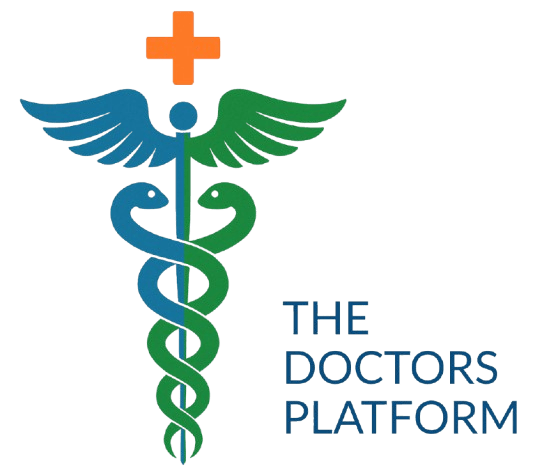Mechanism of action
The penicillins are bactericidal and act by interfering with bacterial cell wall synthesis. Their target in bacterium is Penicillin binding protein (PBP) to which Penicillin binds and thereby exerts their action by inhibiting the third stage in peptidoglycan synthesis. Certain generalizations are useful for penicillins. After administration penicillins are widely distributed throughout body and therapeutic concentration is achieved in tissues and secretions such as pericardial fluid, pleural fluid, bile and joint fluid. Low concentration of these drugs is found in brain tissue, prostatic secretions and intraocular fluid. Penicillins are excreted fast by the kidney; hence have short plasma half life. Blood levels of all Penicillins can be raised by administration of Probenecid. Do not treat severe pneumonia, bacteraemia, meningitis, empyema, pericarditis or septic arthritis with oral penicillin during the acute stage. In case of history of allergy to Penicillin, they are contraindicated for use.

